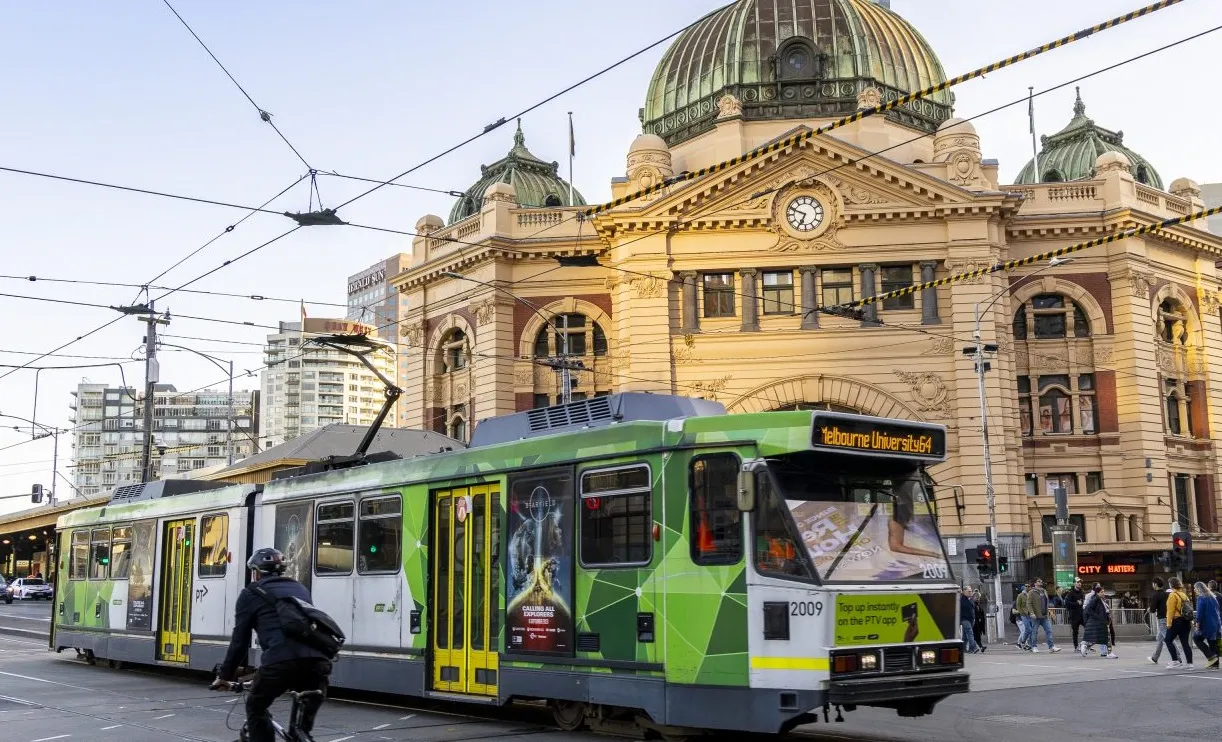
Multimodal specialist Transdev is to begin operating the 250km tram network in Melbourne, Australia, as part of a joint venture with infrastructure and transport group John Holland.
The JV outfit - called Yarra Journey Makers (YJM) - will start the nine-year contract in December.
“Choosing YJM to run Yarra Trams is a tremendous honour and privilege because the responsibility and opportunities are immense,” said Transdev Australia and New Zealand CEO Brian Brennan.
“Our partnership will support the state’s vision of more integrated, sustainable transport for Victoria and the delivery of Melbourne’s Tram Plan. Our focus is performance and customer experience – unlocking smarter ways to move more people, day and night, with the real-time information they need, when they need it.”
“Melburnians deserve a world-class tram network," said Steve Butcher, John Holland executive general manager – rail and transport. “We’re committed to continuous improvement of the tram network and look forward to operating the fleet of next-generation trams, as we deliver the state-of-the-art depot infrastructure that will house them. We also pride ourselves on creating a diverse, inclusive and connected workforce that reflects the people we serve every day.”
YJM says the handover plan in December changeover "prioritises a seamless transition for customers and the existing workforce".
Transdev and John Holland operate 20 light rail networks globally, including in the Australian cities of Sydney, Parramatta, Canberra and Adelaide.
They also operate, as a joint venture, buses in Sydney’s Eastern Suburbs, providing 49 million passengers trips with more than 1.4m scheduled route services in 2023.







